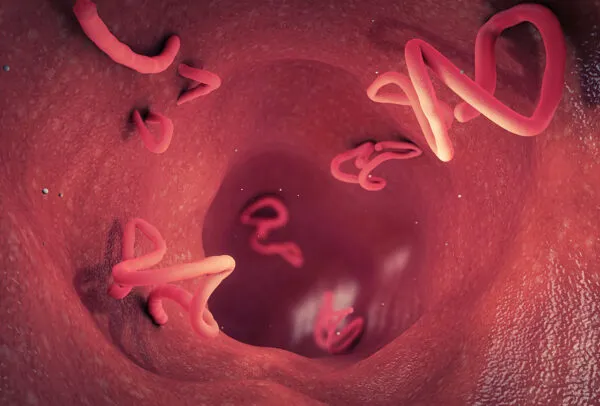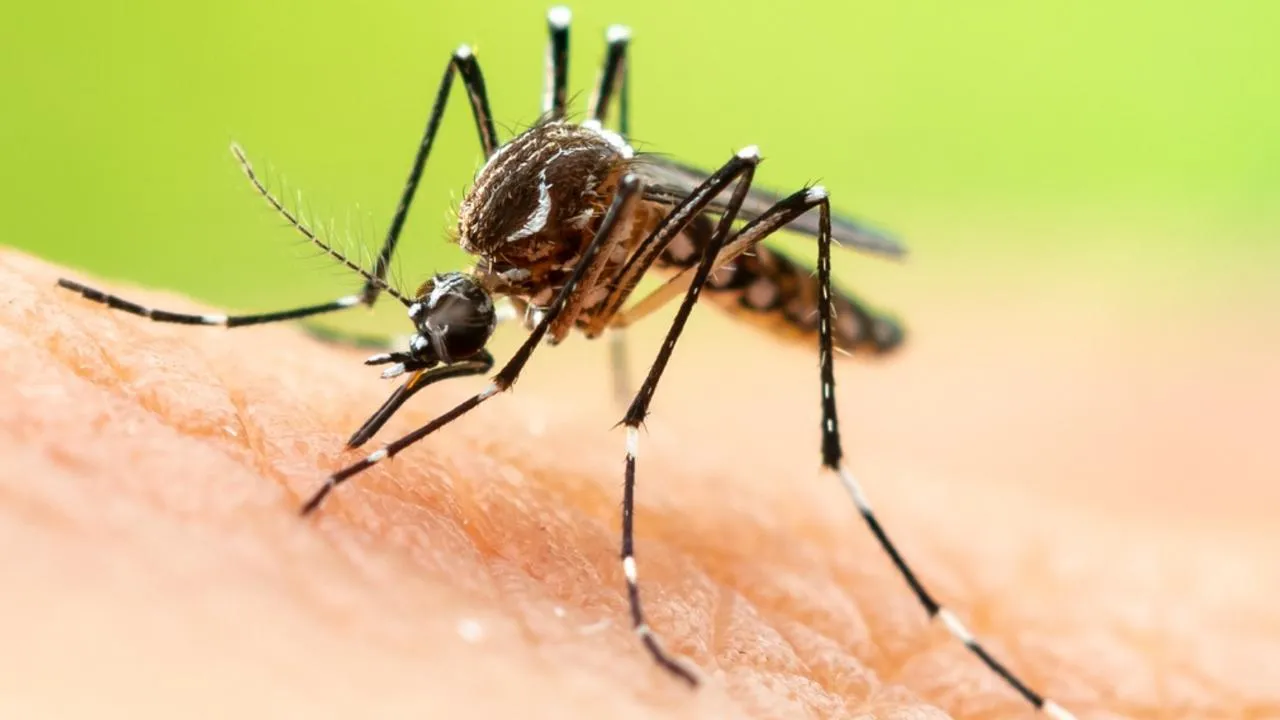Lifestyle components like eating habits, exercise, sleep and work patterns etc affect our well-being on a regular basis and many health problems both physical and mental, are associated with dis balance in our routine life.
There is no specific diet which treats psychiatric disorders but certain dietary choices and patterns are helpful in improving overall health as well as promote physical and mental stress tolerance which leads to better psychological health.
Foods to eat-
Among common diet plans, the Mediterranean diet has the strongest evidence supporting its ability to reduce the symptoms of depression.
Compounds in the Mediterranean diet that have links to lower depression rates include:
• omega-3 fatty acids
• vitamin D
• methylfolate
• s-adenosylmethionine
The Mediterranean diet consists of:
• plenty of fruits and vegetables
• whole grains
• potatoes
• cereals
• beans and pulses
• nuts and seeds
• olive oil
• low-to-moderate amounts of dairy products, fish, and poultry
• very little red meat
• eggs up to four times a week
• low-to-moderate amounts of wine
Foods to avoid-
A 2010 study showed that women who ate unhealthful Western-style diets had more psychological symptoms. The foods that these participants were eating included:
• processed foods
• fried foods
• refined grains, such as white bread
• sugary products
• beer
Similar unhealthful dietary patterns that typically lead to obesity, diabetes, and other physical health problems can also contribute to poor mental health.
The balanced Indian meal plans have necessary components for health and well being.
Summary-
• Eat a combination of locally grown products like whole grains, fruits and vegetables and limited amounts of un refined fat like cold pressed mustard oil and desi ghee ( clarified butter).
• Fish, nuts and seeds like walnuts, pistachios, almonds, flaxseeds and chia seeds have high amounts of omega3 fatty acids which are good for nerve health.
• Poultry, eggs and dairy products are rich in Vitamin B12 which is associated with nerve health and better stress tolerance.
• Balanced calorie intake with good nutritional components (complex carbohydrates, proteins, vitamins, minerals and healthy fatty acids) is the key to good health and weight management. Over eating and under eating both have negative effect on physical and mental well being.
• Regular eating patterns are helpful in maintaining stable sugar levels and boost energy.
• Water makes 60% of body. Drink plenty of plain water for good health.
• Good gut health is linked to balance of good bacteria in our intestines which are plenty in probiotic foods like curd, chaach and fermented eatables like idli, dosa and kimchi.
• Sodium is an essential nutrient that controls blood pressure. It is also needed to make nerves and muscles work properly. For this reason, patients need to consume the right amount. Many medicines reduce sodium levels which can lead to hyponatremia with significant nervous system problems. The AHA recommends no more than 2,300 milligrams a day, but patients should move toward an ideal limit of no more than 1,500 mg per day for most adults. Excessive salt comes from packaged and preserved food which in any case need to be avoided.
• Avoid alcohol and nicotine, they may appear to reduce stress but eventually lead to low stress tolerance and mood instability.
• Drugs like pot/weed/grass/opioids and other designer drugs increase vulnerability to major psychiatric disorders.
For specific metabolic disorders like Diabetes, Obesity, PCOD or inflammatory condition, please consult a dietitian.























